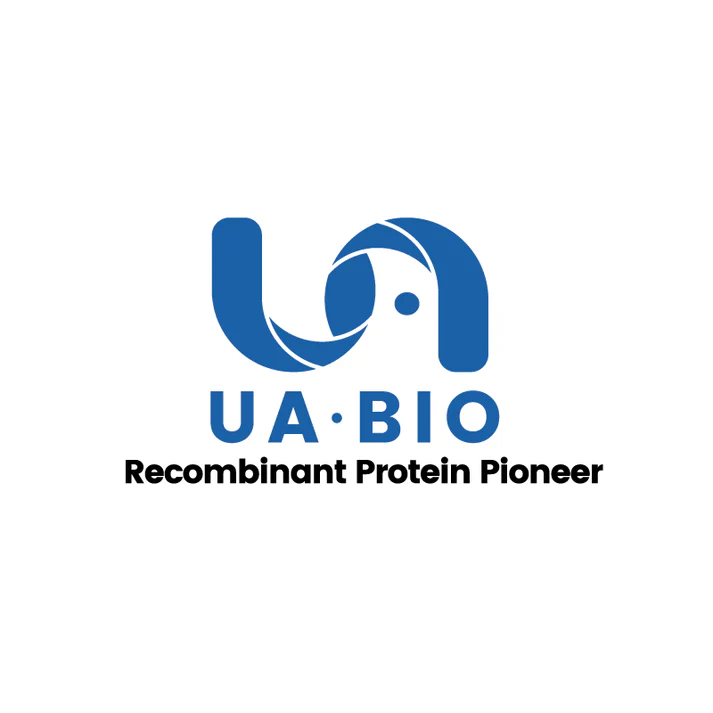Product Details
Product Details
Product Specification
| Species | Human |
| Synonyms | C-C motif chemokine 2,HC11,Monocyte chemoattractant protein 1,Monocyte chemotactic and activating factor (MCAF),Monocyte chemotactic protein 1 (MCP-1),Monocyte secretory protein JE,Small-inducible cytokine A2 |
| Accession | P13500 |
| Amino Acid Sequence | Gln24-Thr99 |
| Expression System | E.coli |
| Molecular Weight | Approximately 8.6 kDa, a single non-glycosylated polypeptide chain containing 76 amino acids. |
| Purity | >97% by SDS-PAGE or HPLC. |
| Conjugation | Unconjugated |
| Physical Appearance | Lyophilized powder |
| Storage Buffer | 20 mM PB, with 150 mM NaCl, pH 7.4. |
| Reconstitution | Before use this product, please read the direction below carefully. This vial must be briefly centrifuged prior to opening to bring the contents to the bottom. Reconstitute in a sterile distilled water or aqueous buffer containing 0.1% BSA to a concentration of 0.1-1.0 mg/ml. Stock solutions should be apportioned into working aliquots and stored at ≤ -20℃. Further dilutions should be made in appropriate buffered solutions. |
| Stability & Storage | For long term storage, the product should be stored ≤ -20℃. |
Background
CCL2, also named monocyte chemotactic protein-1 (MCP-1) and small inducible cytokine A2, is a small cytokine that belongs to the CC chemokine family. It is a monomeric polypeptide, with a molecular weight of approximately 13kDa and it is anchored in the plasma membrane of endothelial cells by glycosaminoglycan side chains of proteoglycans. Research shows that CCR2 and CCR4 are two cell surface receptors that bind CCL2. CCL2 exhibits a chemotactic activity for monocytes and basophils. However, it does not attract neutrophils or eosinophils. CCL2 has been implicated in the pathogenesis of diseases characterized by monocytic infiltrates, like psoriasis, rheumatoid arthritis or atherosclerosis and it may be involved in the recruitment of monocytes into the arterial wall during the disease process of atherosclerosis. Mature human CCL2 shares 78-79% a.a. identity with canine, porcine and equine CCL2, while mouse and rat express a form of CCL2 that is extended by 49 a.a. and shares only ~56% a.a. identity within the common region. The MCP family cross-reacts across species. Recombinant Human MCP-1 is an 8.6kDa protein containing 76 amino acid residues, including the four highly conserved cysteine residues present in the CC chemokines.


